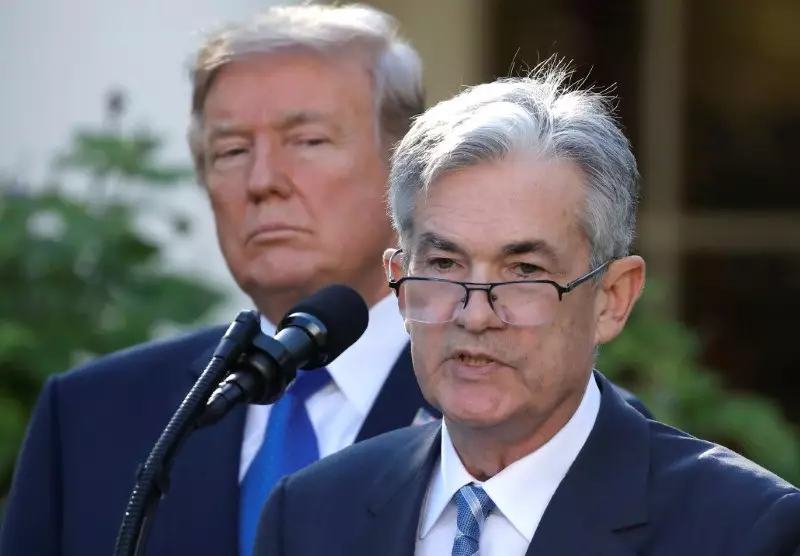Republican presidential candidate Donald Trump has made it clear that he is interested in infringing on the Federal Reserve’s independence if he is elected president once again. The former president believes that the president should have a say in Fed decisions, going against the idea of an independent Federal Reserve. This contradicts Vice President Kamala Harris’ opinion, who believes that the Fed should make decisions regardless of the president’s input. Trump’s interest in influencing interest rate decisions and banking regulation proposals sets him apart from his opponents, raising concerns about potential political interference in the central bank’s affairs.
One of the clearest ways Trump can exert control over the Federal Reserve is through the appointment process. The Fed chief is nominated by the president, subject to Senate confirmation, giving Trump the power to install a Fed chief who aligns with his views. Despite expressing his dissatisfaction with current Fed Chair Jerome Powell, Trump acknowledged that he would not try to remove him before his term expires. Instead, he might focus on choosing a new Fed chief who would be more compliant with his wishes. Additionally, Trump will have the opportunity to choose the two Fed vice chairs, further influencing the composition of the central bank’s leadership.
The Federal Reserve System consists of the Federal Reserve Board, 12 regional Federal Reserve banks, and the Federal Open Market Committee. The Fed board’s members, including the chair and vice chairs, are presidential appointees subject to Senate confirmation. While Trump has appointed two governors to the board, they have upheld the tradition of Fed independence. The regional Fed bank presidents are appointed by each bank’s board of directors and play a crucial role in the decision-making process. Understanding the structure of the Federal Reserve System is essential to grasp the potential impact of Trump’s involvement in Fed affairs.
Fed governors serve 14-year terms, with term expirations staggered every two years. Governor Adriana Kugler, a Biden appointee, holds the next expiring seat in 2026. Fed chairs and vice chairs serve four-year terms concurrent with their governorships, giving them significant influence over the central bank’s policies. The combination of board members, regional bank presidents, and key appointments provides insights into the dynamic nature of the Federal Reserve System. Trump’s future involvement could reshape the leadership structure of the Federal Reserve, impacting its independence and decision-making process.
Fed bank presidents are selected by their boards of directors and play a crucial role in the operations of the regional banks. Their terms end in February 2026, requiring reappointment by the Fed Board. While the reappointment process typically maintains the status quo, there is no legal requirement preventing changes in leadership. The term limits of the current bank presidents shed light on the potential shifts in regional leadership within the Federal Reserve System. Understanding the role of bank presidents is essential to assessing the broader implications of Trump’s approach to the Federal Reserve.
By examining Trump’s interest in influencing the Federal Reserve, we can better understand the potential challenges to the central bank’s independence and the broader implications for monetary policy and financial stability. The complex interactions between political leaders and central banks underscore the need for a careful assessment of the implications of Trump’s approach to the Federal Reserve.

